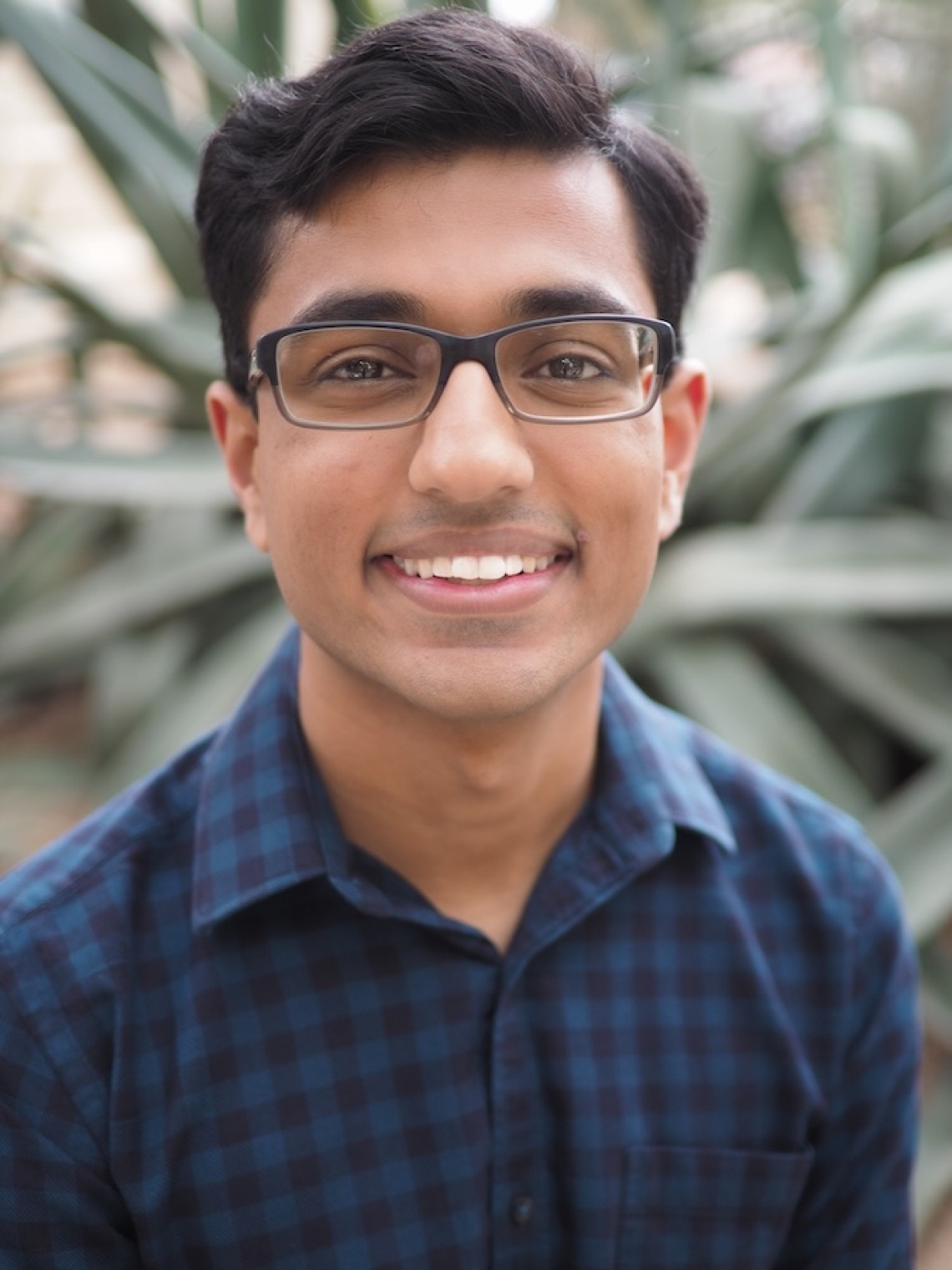
Congratulations Ansh Gupta
Congratulations to Ansh Gupta, winner of the Outstanding Senior Award for the Department of Astronomy as well as the Overall Outstanding Senior Award for the College of Science! Now that Ansh has graduated with his B.S. in Astronomy, he reflects on highlights from his time at Steward Observatory, including his search for some of the most extreme objects in the Universe. Read his full interview below.
What brought you to Steward Observatory?
I’ve loved astronomy for as long as I can remember, and I voraciously consumed books about space as a kid. My freshman year of high school was the year of the 2017 total solar eclipse. Coincidentally, the path of totality ran right through our town! I decided to form an astronomy club to celebrate, and I gave informational presentations about the eclipse at my local library. I continued giving monthly lectures about a variety of topics in the space sciences, inspiring me to major in astronomy continue pursuing science outreach throughout my undergraduate career and beyond.
Can you describe your research and any especially interesting learning experiences you’ve had during your time here?
I search for quasars, some of the most extreme objects in the Universe, with Dr. Xiaohui Fan and Dr. Jinyi Yang. Quasars are thought to be supermassive black holes surrounded by a glowing, extremely hot disk of gas and dust. I have worked to uncover information about the formation and evolution of quasars and their relationship with their host galaxies. I used data from the Dark Energy Spectroscopic Instrument (DESI) to verify if our candidate objects were quasars and performed statistical analyses of our sample. The candidates I confirmed expanded the known sample of quasars at redshift > 4.8, within the first 1.25 billion years of the universe’s lifetime, by nearly 50%.
What’s your greatest point of pride from your time at Steward?
I’m extremely proud of the variety of outreach opportunities I’ve had the opportunity to take part in and lead during my time here at Steward. From being a lead organizer of the Deep Learning Hackathon to playing my part in countless star parties and school science outreach events, I feel that I have made a strong impact on the community. Sharing the fruits of our science with the public is vital, since the research we do is ultimately for the good of the people. As a grad student, I hope to continue taking part in science outreach through videos, written content, and participation in community events, so I can spread the deep appreciation I have for science and share the wonder and excitement I feel working on my research every day.
Can you share piece of wisdom from your time as an astronomy student?
It can be easy to forget why we’re studying astronomy as we get buried in equations and code. Take the time to remind yourself why you love astronomy: all the breathtaking images and cutting-edge discoveries that are far beyond human comprehension. It’s also important to make time for hobbies and fun. Participating in activities outside of astronomy, especially ones that flex your creative muscles, are critical for your happiness and well-being. Those are the two most important things that you must protect and care for at all costs!
What’s next?
In the fall of 2024, I will be joining the astronomy graduate program at The University of Texas at Austin. I hope to answer key mysteries of the early universe using cutting-edge observatories like the James Webb Space Telescope.